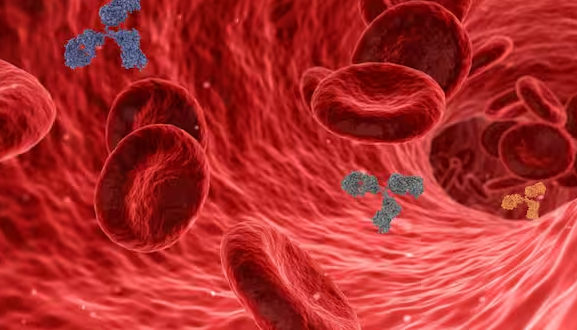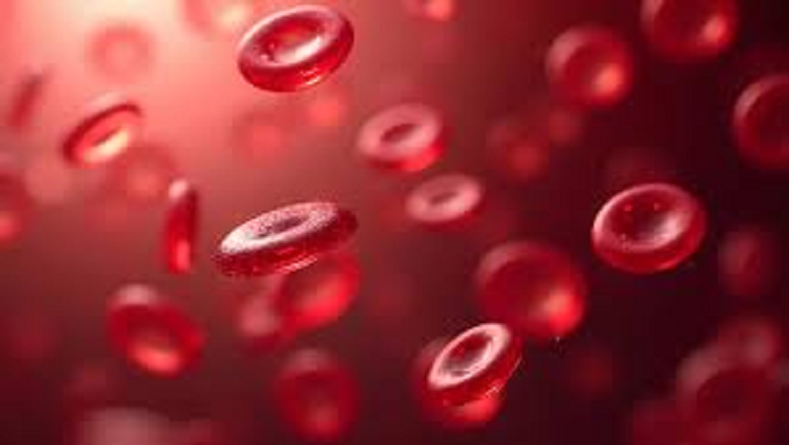The secret of health is hidden in every drop of our blood; scientists have discovered 750 such new genes.
- bySherya
- 11 Oct, 2025

Scientists have made a discovery that has opened a new perspective on understanding diseases. They have identified more than 750 genes that control small molecules in our blood.

Have you ever wondered how our bodies convert food into energy or why some people are more prone to heart disease? The answers to these questions lie in a complex process called metabolism. This process determines how our bodies digest food, generate energy, and impact our health. So, let us explain how the secret to health lies hidden in every drop of blood and what new genes scientists have discovered.
Scientists discovered 750 new genes.
Recently, scientists have made a discovery that has opened a new perspective on understanding health and disease. In fact, they have identified more than 750 genes that control small molecules in our blood, such as lipids and amino acids. These molecules play a vital role in almost every chemical process in our bodies.
Research done on 4.5 lakh people.
This research is based on genetic data from approximately 450,000 individuals in the UK Biobank. The study's unique findings include individuals of European, African, and Asian descent. The study revealed that the genes controlling metabolism were found to be similar across nearly all ethnic groups, even across men and women. This means that the findings apply not to a single category but to the entire global population. Scientists also discovered new genes previously unrelated to metabolism. Furthermore, several genes were found that are linked to genes that increase the risk of conditions like heart disease, obesity, and diabetes. The most significant aspect of this study is the discovery of a new gene, VEG, which regulates good cholesterol in the body. Scientists believe that understanding this gene could pave the way for new drugs for the prevention and treatment of heart disease.
A new way to understand metabolism
This research marks the first time scientists have systematically mapped the genetic control of hundreds of blue molecules. This could help identify which genes increase the risk of disease and which ones promote overall health.






